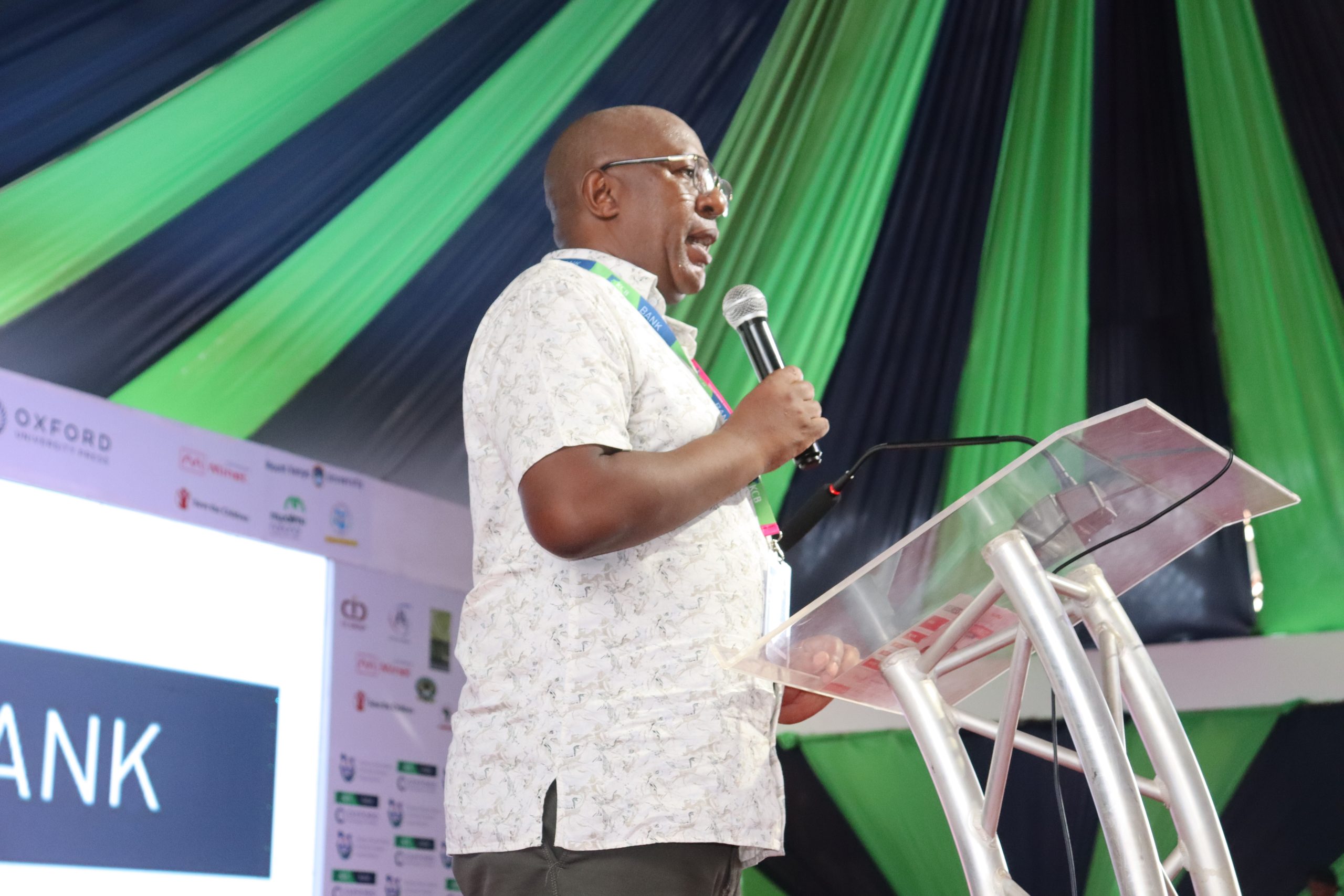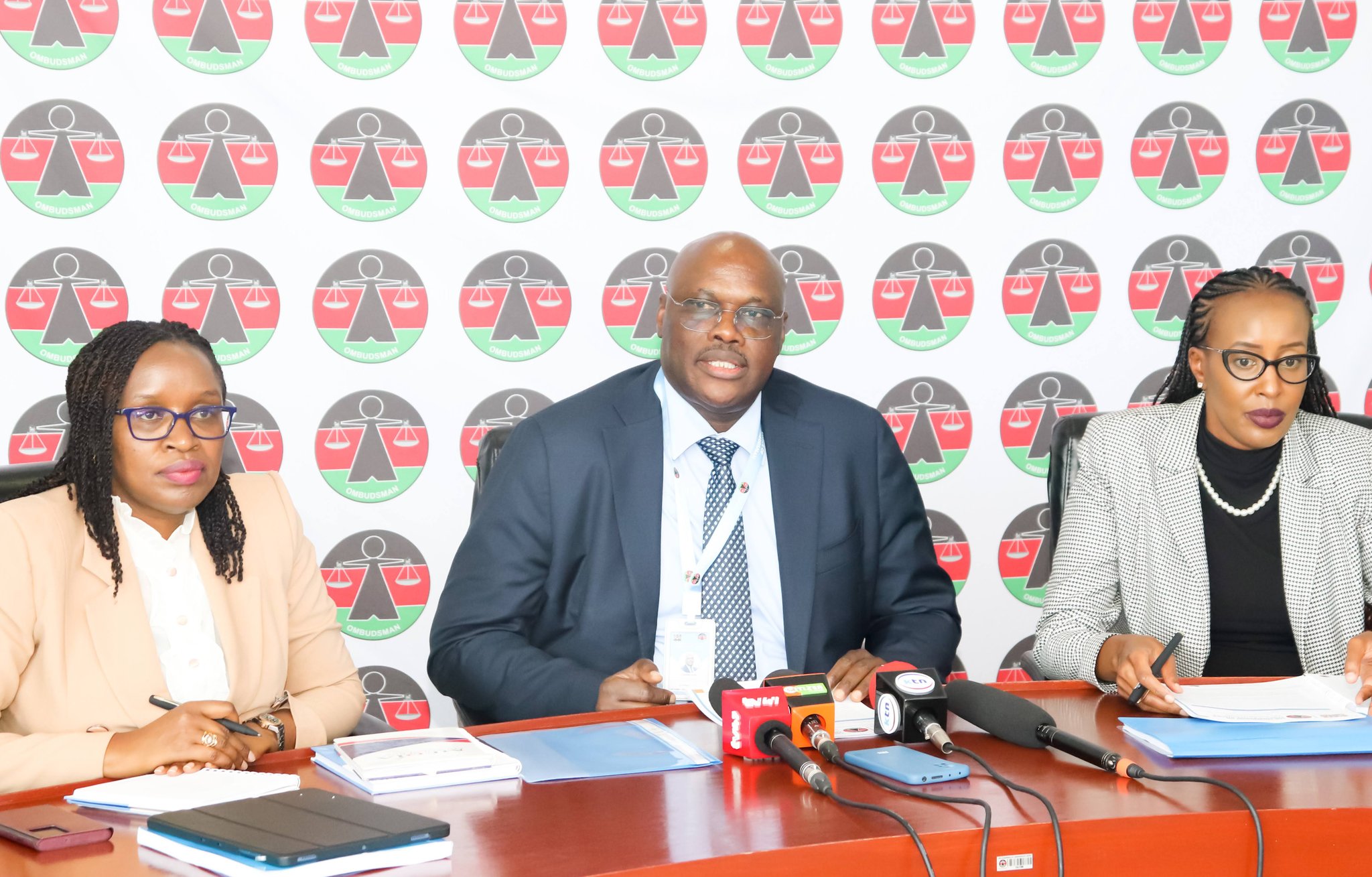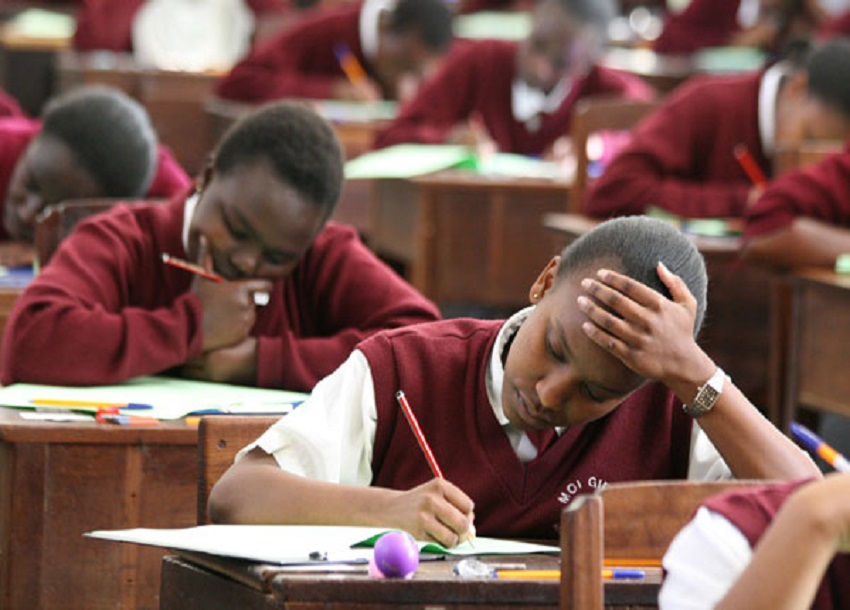As the January 2026 rollout of senior school approaches, principals have proposed new fee structures to reflect the expected rise in operational costs associated with the Competency-Based Education(CBE). The recommendations come as schools brace to admit over 1.2 million Grade 9 learners into the senior secondary phase.
The revised fees, according to the school heads, will be cluster-based, aligning with the capacity and infrastructure of each institution to deliver specific learning pathways, especially those involving science and technology. Under the proposed model, Cluster 1 institutions, which were previously national schools, would charge Sh73,182 per student annually. Schools in Clusters 2 and 3—formerly extra-county and county schools—would charge Sh60,023, while Cluster 4 day schools would collect Sh5,372 per learner.
Additionally, the Kenya Secondary Schools Heads Association (KESSHA) recommends that the Ministry of Education revert to the pre-2018 capitation disbursement model: 50 per cent of the Sh22,244 annual capitation per student should be released in Term 1, 30 per cent in Term 2, and the remaining 20 per cent in Term 3. They also propose that the government adopt a three-year review cycle for capitation rates to account for inflation and rising infrastructure costs associated with CBC implementation.
The association is also calling for a review of boarding and lunch fees, and wants guidelines on how schools should manage unpaid balances left behind by outgoing Form Four students.
“At the moment, there is a caveat against withholding Form Four certificates as a method of recovering outstanding fees,” KESSHA National Chairman Willy Kuria stated.
Meanwhile, KESSHA and the Kenya Union of Post-Primary Education Teachers (KUPPET) have renewed calls for Junior Secondary Schools (JSS) to be relocated from primary schools and housed within senior secondary institutions. They say this change would enhance learning continuity and allow better use of secondary school facilities.
“Establishing JSS within secondary schools will ensure continuity and mentorship, promote infrastructure readiness and enhance equity and access,”
KUPPET Chairperson and Emuhaya MP Omboko Milemba said.
READ ALSO:
Schools to be categorised based on clusters, not national or county, says CS
He added that although the union had previously petitioned the Office of the President and other authorities about the issue, the effort was unsuccessful.
“But we did not succeed because of reasons we are aware of. The push is still ongoing, but moving forward, we must change strategy. JSS should be an independent school so that we have three distinct levels: primary, JSS, and senior school,” Milemba added.
He also emphasised the need to restructure school leadership at the JSS level.
“The teachers who are currently teaching JSS should become the principals and leaders of that sector. That would help bridge the gap between teachers in JSS and those in senior school,” he noted.
Milemba further pointed out that with the phasing out of the 8-4-4 system and fewer students joining Form One, many secondary schools have unused classrooms that could accommodate JSS learners.
Willy Kuria echoed these views, stressing that senior schools are better placed to support students in their career paths.
“If JSS were hosted in senior schools, teachers would interact more meaningfully, helping to identify learners’ competencies,” he said.
Kuria also cited the availability of specialised resources in senior schools—such as science labs, libraries, and ICT centres—which would make it easier to implement advanced JSS subjects, particularly in STEM and applied sciences.
“Allowing senior schools to host JSS can ease pressure on primary institutions and help decongest them while expanding access to quality education,” Kuria added, noting that most primary schools in urban and peri-urban areas lack adequate facilities.
To support the upcoming transition, the government has already begun retraining teachers and constructing over 1,600 science laboratories nationwide.
By Joseph Mambili
You can also follow our social media pages on Twitter: Education News KE and Facebook: Education News Newspaper for timely updates.
>>> Click here to stay up-to-date with trending regional stories
>>> Click here to read more informed opinions on the country’s education landscape






